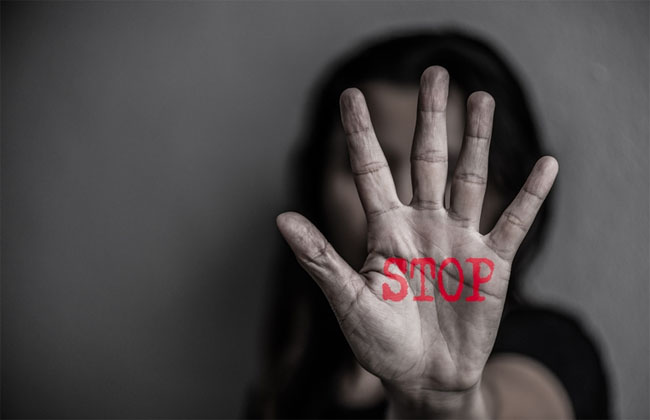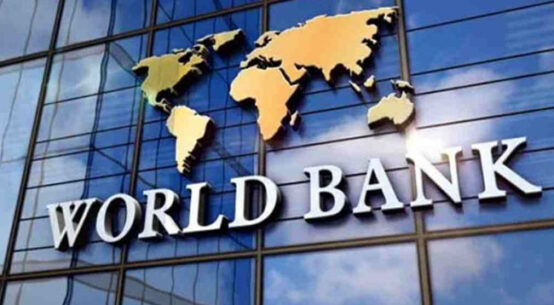
Human trafficking has become a grave concern for the country. Two members of a human trafficking gang were arrested recently from the capital following the death of an unfortunate fortune seeker in Siberia. The law enforcing agencies were prompt enough to round up the culprits. But the fact that this is not a sporadic incident is a matter of concern. To be frank, human trafficking is going on unabated despite such actions on the part of the authorities.
The recent arrestees, in the face of interrogation, confessed that by forming a gang, they trafficked over 100 youths to different countries in the past several months by offering them good jobs with high salaries in some of the rich countries, such as Italy, Spain, Greece and Serbia. Besides, the return of 74 Bangladesh nationals detained in Libya for intruding the country illegally also makes a strong apprehension that there are many other active human trafficking rackets in the country.
Such incidents become headlines in the newspapers regularly, but traffickers have been smuggling humans by maintaining a strong syndicate. The information provided by CID that two foreign airlines officials are involved in human trafficking reveals how strong and deep-rooted network the traffickers maintain with a view to trafficking unskilled job seekers desperate to go abroad to change their fate.
Several times earlier we wrote in this column highlighting the illegal activities of some recruiting agencies but, for unknown reasons, only a few culprits have been held. This is not enough to check the crime. The involvement of the airline officials in human trafficking and the indifference of the immigration office and immigration security forces to take any action against those corrupt officials remains a question.
Increasing the capacity of social welfare authorities and strengthening the Counter-Trafficking Committees (CTCs) at union, upazila and district levels is a must. The law enforcement agencies have to increase their vigilance to bring human traffickers to book.
In 2019, the United States made a major stride in punishing and resolving human trafficking in Bangladesh. USAID’s Bangladesh Counter for Trafficking in Persons partnered with the Forensic Training Institute and the Bangladesh police on a five-day training program on human trafficking.
The US has also invested $8 million in shelters and programs for trafficking victims. The Bangladeshi and American governments also created a program to take place from 2018 to 2022 that works to reform trafficking policies.
Bangladesh, with the assistance of USAID, is making strides in prosecuting traffickers and making resources for victims more accessible, such as taking the mental and physical effects of trafficking more seriously. Hopefully, this new motivation will continue, and Bangladesh will see less trafficking and stricter punishment of traffickers.


